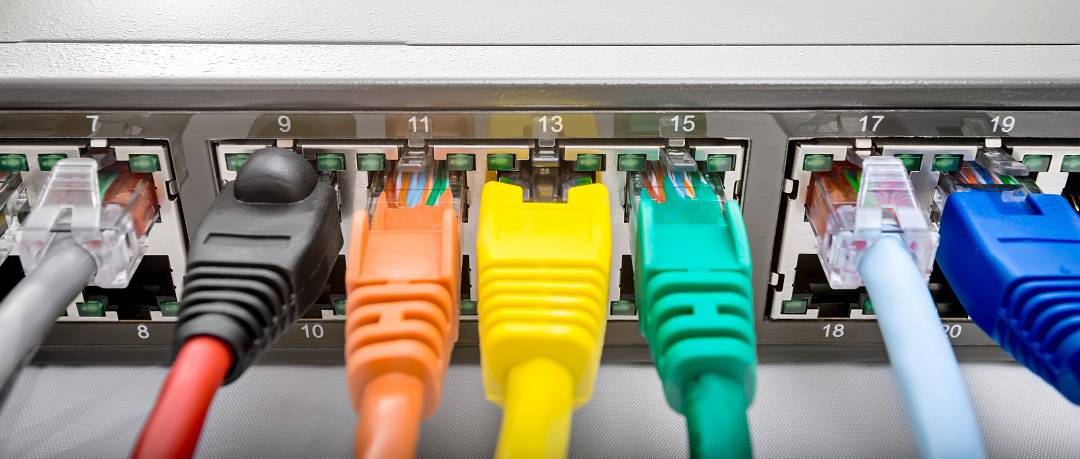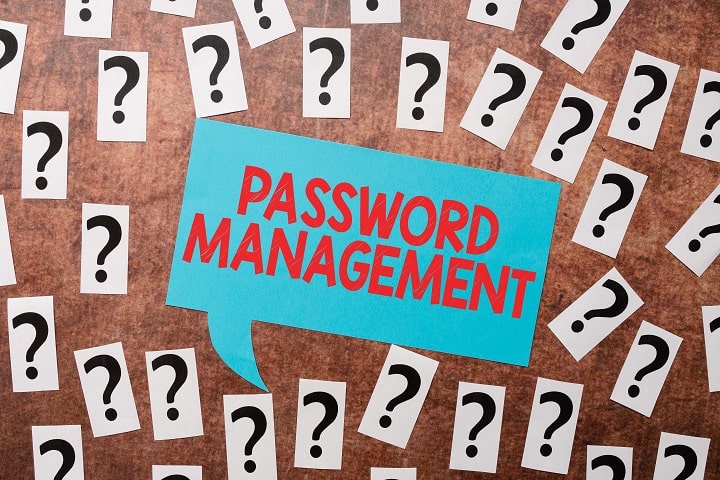In an recent cybersecurity operation, the FBI targeted approximately 1000 routers across the United States, all compromised by Moobot malware, under the control of the Russian cyberespionage group APT28. This warrant authorized the FBI not only to remove malicious files and copy stolen data but also to alter firewall settings to prevent further unauthorized access. Such comprehensive remote access raises concerns about the extent of law enforcement’s reach into private digital domains and the technical capabilities being deployed in the name of national security.
These were Ubiquiti routers that had all been left with the default username / password, allowing someone to easily hack into them remotely.
The operation also included provisions for delayed notice to individuals affected, allowing the FBI to execute its search and seizure activities without immediate disclosure. This delay, intended to prevent jeopardizing the investigation, walks a fine line between operational secrecy and the right of individuals to know when their property has been subject to a governmental search. The approach taken to notify affected parties—primarily through ISPs and public announcements—highlights the logistical and ethical challenges of balancing transparency with the need for confidentiality in cyber operations.
This intrusion into private digital spaces by the FBI, while aimed at safeguarding national security, brings to the forefront the ongoing debate over privacy and government surveillance. The ethics of such actions are contentious, posing significant questions about the threshold for government intervention in private networks. The operation’s scope, targeting individuals’ routers without their initial knowledge, underscores the tension between the necessity of combating cyber threats and ensuring that citizens’ rights to privacy are not unduly infringed. The delicate equilibrium between these priorities remains a critical conversation as we navigate the complexities of modern digital governance.
The full search and seizure warrant is available here.




